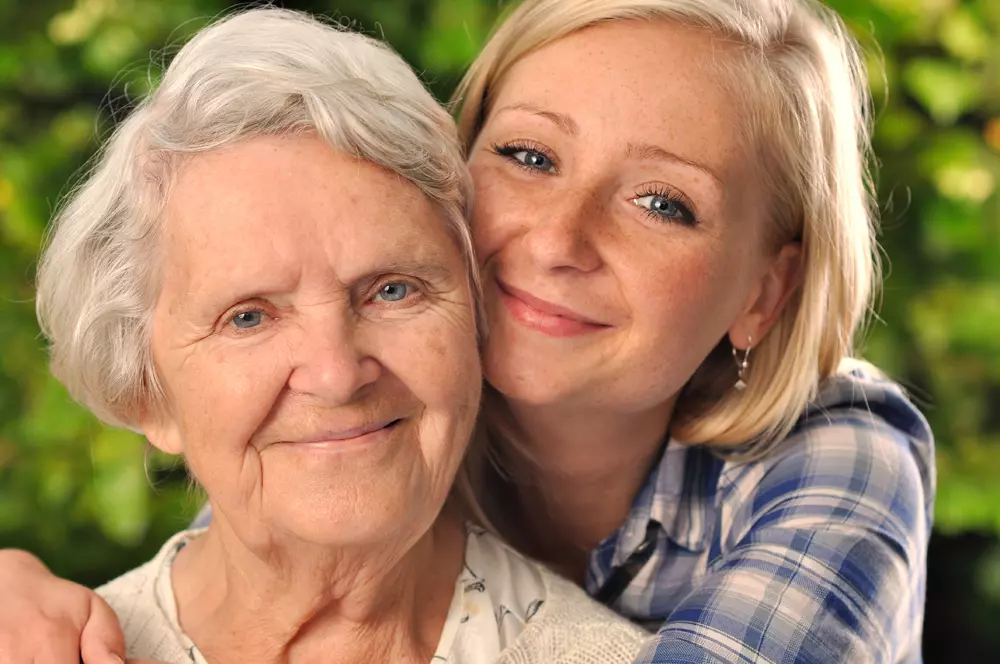
Occasionally forgetting names or misplacing your glasses is a common part of getting older. But how do you know if this forgetfulness is normal memory loss with age, or a sign of something more serious like dementia?
In this article, we explore the differences between normal age-related memory decline and early cognitive disorders. If you or a loved one are noticing changes, understanding the signs can help you take informed, compassionate next steps.
What Happens to Memory as We Age?
As we age, the brain undergoes structural and chemical changes. These shifts can affect how quickly we process information, store memories, and retrieve names or facts. This doesn’t always mean there is a problem; in most cases, memory decline in elderly adults is mild and manageable.
Find YOUR ideal care home NOW!
Common, normal memory changes include:
- Taking longer to recall names or words
- Occasionally misplacing items
- Needing reminders more frequently
- Struggling with multitasking
These changes are a natural part of brain aging and do not interfere significantly with daily life.
Normal Memory Loss vs Dementia: Key Differences
To better understand whether forgetfulness is normal or a cause for concern, the table below compares typical age-related memory issues with early dementia symptoms:
| Type of Change | Normal Aging | Possible Dementia |
|---|---|---|
| Forgetting names or appointments | Occasionally, but remembered later | Frequently, and not remembered even later |
| Misplacing objects | Sometimes, and retraced with effort | Often, with no ability to retrace steps |
| Decision making | Generally sound, though slower | Poor or unusual decisions in everyday matters |
| Communication | Occasional word-finding difficulty | Struggles to hold a conversation or repeat ideas |
| Daily functioning | Fully independent | Needs help with tasks like dressing or paying bills |
Wondering whether forgetfulness is part of normal ageing?
Mild forgetfulness, such as misplacing items or taking longer to recall names, can be a normal part of ageing. However, more noticeable memory changes that affect daily routines, safety or independence may raise questions for families. Understanding the difference between normal ageing and signs that require closer attention can help with calmer, earlier planning. Senior Home Plus offers free, impartial guidance to help families understand care and nursing home options across the UK when cognitive changes begin to affect everyday life.
Get guidance on care optionsFree guidance • No obligation
When to Seek Medical Advice
You should consult a GP or memory clinic if you notice that forgetfulness is:
- Worsening progressively
- Affecting daily independence
- Paired with mood or personality changes
- Interfering with language, spatial awareness, or judgment
In some cases, early symptoms may be due to treatable conditions, such as vitamin deficiencies, thyroid imbalances, depression, or side effects of medication.
A proper assessment can lead to helpful interventions, whether it's memory training, medication, or support with daily living.
Support for Families Navigating Memory Decline
If you're caring for someone showing signs of memory decline, it's not always easy to know when extra support is needed. Sometimes, practical help at home is enough. In other cases, a move to a care home with memory care services may provide the safety and structure your loved one needs.
At Senior Home Plus, we offer free, personalised support to help families:
- Find care homes suited to memory support
- Navigate the steps toward long-term care solutions
We’re here to listen and help you make the best decision for your family’s needs.
Frequently Asked Questions (FAQ)
Is memory loss a normal part of aging?
Yes, some degree of memory decline is normal as we age. It typically involves occasional forgetfulness that does not interfere with daily functioning.
What kind of memory loss is not normal?
Memory problems that worsen over time, affect decision-making, cause confusion in familiar places, or interfere with daily life may indicate a cognitive disorder like dementia.
Can normal memory loss be improved?
Yes. Regular mental stimulation, social activity, a balanced diet, and good sleep habits can help support cognitive function in older adults.
How do I know if my parent is developing dementia?
Watch for signs like repeating stories, forgetting close relatives' names, struggling with daily tasks, or becoming disoriented. Consult a GP for a proper evaluation.
Where can I find memory care support for elderly relatives?
Senior Home Plus offers free help finding memory-friendly care homes and guiding families through the decision-making process.
Need help finding a care home?
Senior Home Plus offers free personalized guidance to help you find a care facility that suits your health needs, budget, and preferred location in the UK.
Call us at 0203 608 0055 to get expert assistance today.
Search for Care Homes by Region in the UK
| East Midlands | Eastern | Isle of Man |
| London | North East | North West |
| Northern Ireland | Scotland | South East |
| South West | Wales | West Midlands |
| Yorkshire and the Humber |
You are looking for a care home or nursing home for your loved one ?
Share this article :
Latest posts
You are looking for an establishment for your loved one ?
Get availability & prices
Fill in this form and receive
all the essential information
We would like to inform you of the existence of the opposition list for telephone canvassing.










